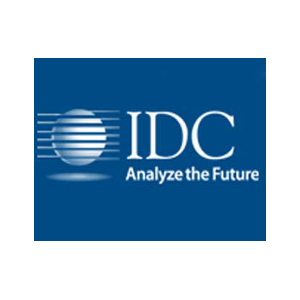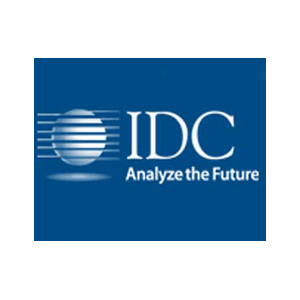Emerging African economies are increasingly embracing IT services solutions in a bid to support their growth initiatives according to the latest insights released by International Data Corporation (IDC).
 IDC has also explained that growing public and private sector IT spending, together with maturing and increasingly competitive business environments, are also driving IT services demand.
IDC has also explained that growing public and private sector IT spending, together with maturing and increasingly competitive business environments, are also driving IT services demand.
“While each country has different requirements, there are common themes supporting the adoption of IT services in Africa,” says Lise Hagen, research manager for software and IT services at IDC South Africa.“For example, as last-mile connectivity continues to improve, Internet services are becoming more easily available over wider geographic areas at lower costs, leading to improved IT services adoption. Demand for remains primarily focused on basic implementation and support services, but larger organizations across the continent are increasingly seeking advanced solutions such as implementation and systems integration services. Early-adopter organizations are also assessing cloud technologies – specifically software as a service (SaaS) – and Big Data analytics, which is creating significant opportunities for service providers.”
IDC notes that the government vertical in Africa is becoming one of the biggest investors in ICT in general, and IT services in particular. “Governments in Nigeria, Kenya, Ghana, Botswana, and elsewhere are implementing national ICT policies that are driving the adoption of technology,” continues Hagen. “Governments are using ICT to enable service delivery, while eGovernment and mGovernment initiatives are high on the agenda for driving etransformation and addressing issues around rapid urbanization. The continent’s telecom, banking and finance, oil and gas, and mining verticals also present major ICT opportunities.”
The IDC Insight ‘IT Services in Sub-Saharan Africa: Who’s Doing What and Why, and Opportunities for Growth’ (#CEMA22427) includes a brief qualitative assessment of selected Sub-Saharan IT services markets. Since South Africa is the dominant ICT market on the continent, it has been excluded in order to focus on the region’s emerging economies.
The analysis includes a general market assessment and refers to 12 African countries, namely Botswana, Cameroon, Ethiopia, Ghana, Kenya, Mauritius, Namibia, Nigeria, Mozambique, Tanzania, Uganda, and Zambia. Since ICT development in any given country is closely interlinked with the general business environment, each country highlight includes some comments about the local business context.












